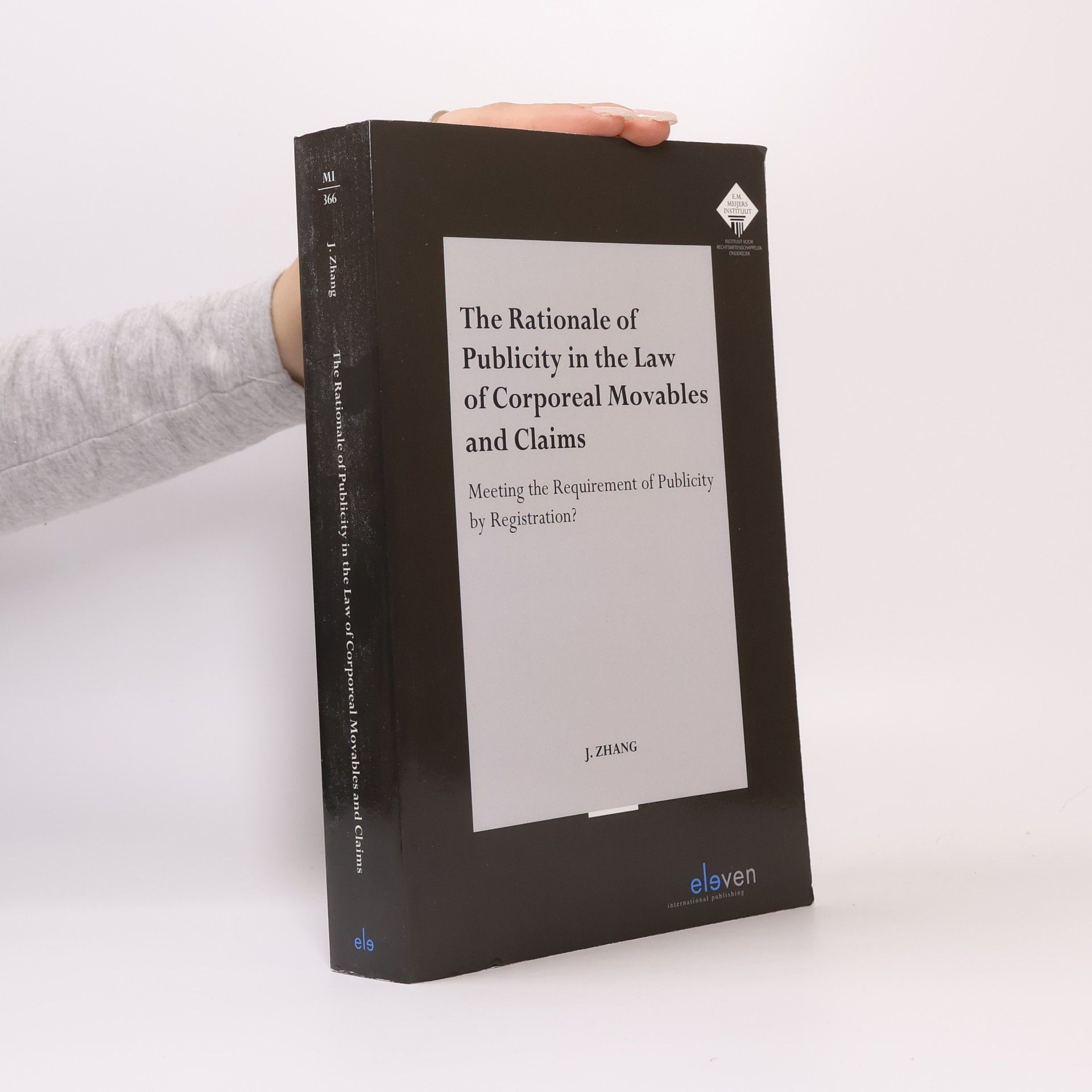The Rationale of Publicity in the Law of Corporeal Movables and Claims
Meeting the Requirement of Publicity by Registration?




Meeting the Requirement of Publicity by Registration?
Focusing on the concept of 'imaginative contemplation,' this book offers a systematic exploration of its aesthetic implications, distinguishing it from mere imagination in artistic creativity. It analyzes the connections between imaginative contemplation, aesthetic emotions, rationality, and expression, while also discussing its role in aesthetic form. The work draws parallels with Chinese philosophy and art, providing insights into aesthetic theory and its configurations, making it a valuable resource for understanding these complex ideas.
In einem abgelegenen Tempel treffen eine junge Frau und ein geheimnisvoller Mann mit Affenmaske während eines Unwetters aufeinander. Um die Wartezeit zu verkürzen, erzählt der Mann die Geschichte einer Prinzessin, die sich in einen mysteriösen, taubstummen jungen Mann verliebt, während sich gefährliche Konflikte anbahnen. Ein faszinierender Genremix aus Komödie, Mystery und Psychodrama.
Through the reworking of over 1000 drawings by Louis I. Kahn, this book provides new information and perspective for understanding Kahn and his work, and a new awareness of the spatial characteristics and variations.